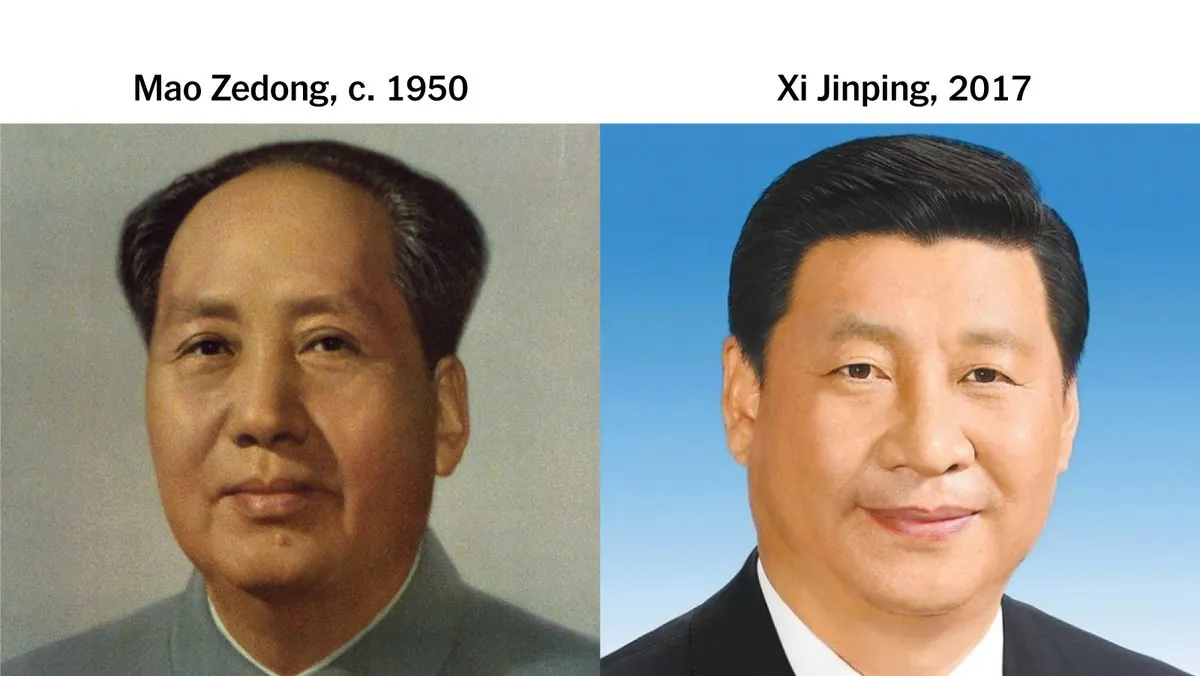In a significant shift from his predecessor's approach, Xi Jinping has steered China towards global superpower status before achieving economic parity with developed nations. This strategy, diverging from Deng Xiaoping's cautious economic focus, has led to mounting challenges for the world's second-largest economy.
China's military expenditure now ranks second globally, trailing only the United States. However, its Gross National Income (GNI) per capita in 2023 stood at $13,400, merely one-sixth of the U.S. figure. This disparity highlights the tension between China's international ambitions and its domestic economic realities.
The power-wealth dilemma in international relations presents two main challenges for China:
- The guns-butter-growth trade-off, which China has managed by limiting defense spending to around 2% of GDP.
- The guns-butter-openness trade-off, which is becoming increasingly problematic as Western nations implement derisking policies.
China's economic growth has been decelerating rapidly. The International Monetary Fund reports average growth rates declining from 8.6% (2010-2014) to 6.6% (2015-2019), and further to 4.6% (2020-2024). Projections suggest a further slowdown to 3.3% by 2029. This deceleration is occurring before China reaches high-income status, unlike the experiences of Japan and South Korea.
Xi Jinping's policies have exacerbated structural imbalances in China's economy. Investment consistently exceeds 40% of GDP, significantly higher than G-7 countries' average of 23% in 2023. The July 2024 Communist Party plenum signaled a further shift towards state-driven investments in high-end manufacturing, potentially delaying necessary economic rebalancing.
"National security is the pivotal foundation for China's modernization."
Xi could have chosen a different path to mitigate international concerns:
- Focusing on defensive rather than offensive military capabilities.
- Pursuing a less confrontational foreign policy.
Notable events that have heightened tensions include military clashes with India, confrontations in the South China Sea, and China's support for Russia following the invasion of Ukraine in February 2022.
The impact of Western derisking policies on China's economy remains uncertain. However, the scope of affected sectors is expanding, encompassing strategic industries like semiconductors, critical minerals, and advanced technologies.
As China navigates slowing growth, an aging population, and the transition to high-end manufacturing, it faces a closing door to global economic integration. This situation starkly contrasts with Deng Xiaoping's open-door policy, which facilitated China's rapid economic rise.
Xi Jinping's decision to prioritize power over economic development may have long-lasting consequences for China's future prosperity and global standing. The coming years will reveal whether this strategic shift was premature, potentially compromising the nation's path to becoming a true economic superpower.
